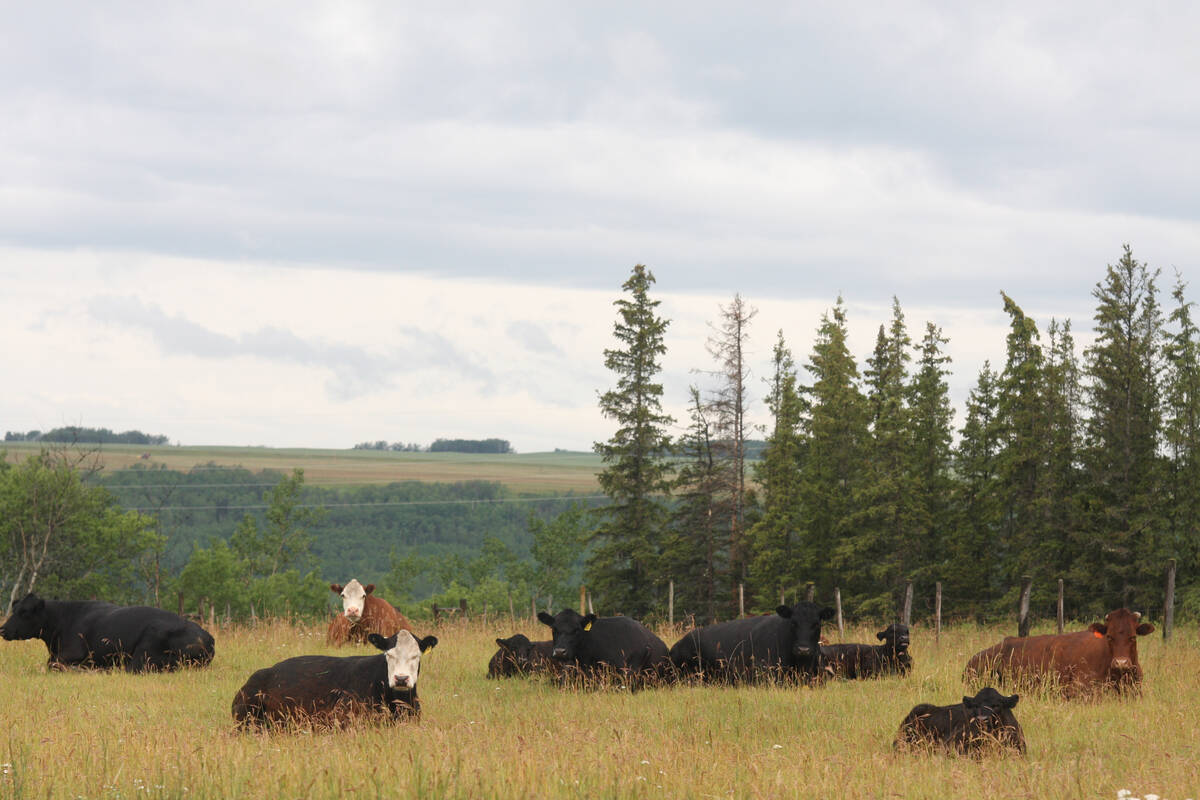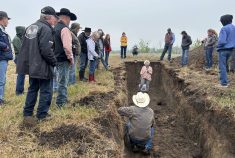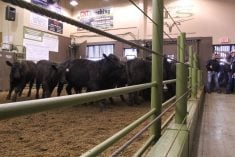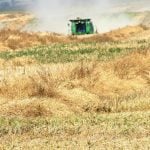I’m writing this column on August 13 and 14, right after the Alberta Beef Producers publicly announced it may withdraw its membership from the Canadian Cattle Association on July 1 next year. This was two days before this issue went to print, so I was a bit constrained by time (and space), but I will do my best to provide an overview of a complex situation.
First, a few facts. Alberta Beef Producers currently funds more than 50 per cent of the CCA’s budget through the refundable portion of its check-off, which is a $2 provincial service fee. Right now, they send $0.53 from the service fee to CCA, based on retained earnings. In the past, ABP’s share of CCA funding was calculated from gross earnings, which was unsustainable, given the refund rate in the province. The current calculation is part of an agreement which is set to expire July 1 next year. None of this affects ABP’s funding of other national organizations such as the Beef Cattle Research Council, Canada Beef and the Public and Stakeholder Engagement team, as they are supported by the non-refundable federal check-off.
Since the announcement, I’ve been part of a couple of virtual media scrums with Doug Roxburgh, ABP chair, and Brad Dubeau, general manager. I’ve also spoken to Tyler Fulton, CCA president. I appreciate the media access by all parties, as this is an important issue.
Read Also
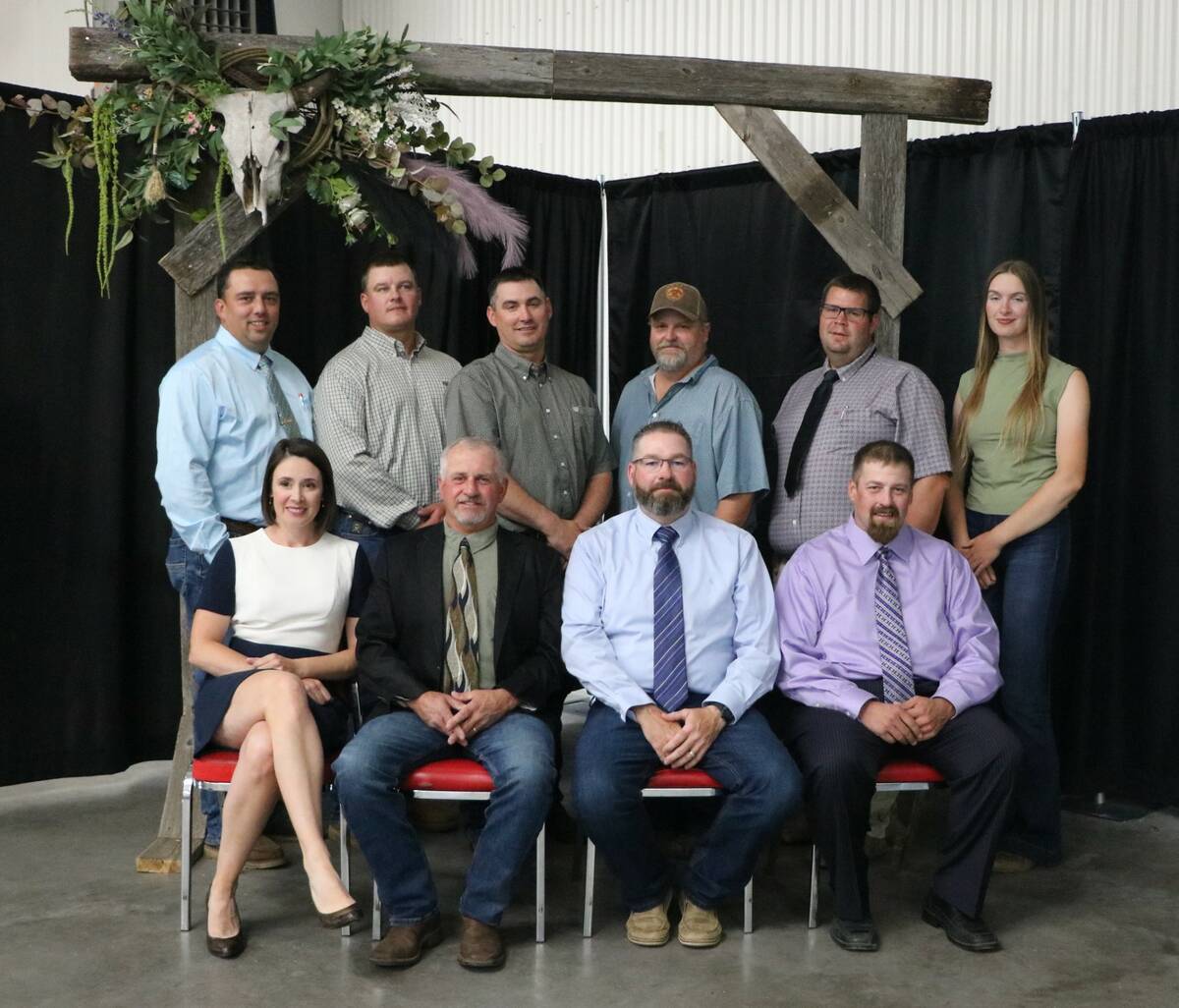
Purely Purebred: Outstanding Young Angus Breeder, Junior Limousin Herd Building Incentive winners and more
News from Canada’s purebred beef industry, including show results, board election results, research and more
ABP has forwarded a list of recommendations to CCA it wants addressed. I haven’t seen the list, but the main thing seems to be that ABP wants to see changes to governance and financial structures. For example, ABP has an elected finance chair, as well as a committee that works with a third-party auditor, and reports back to delegates and members, Roxburgh said. ABP is asking for a finance chair at CCA as well.
CCA doesn’t have quite the same structure. Fulton said they have a staff member who is the controller, who guides them through the financial nuances at meetings. MNP completes the audit. And each year, CCA strikes an audit committee comprising CCA members who are not directors or officers, to offer an independent view of the finances. Fulton said ABP’s request for a finance chair is reasonable, and he could see it serving a purpose, especially with funding agreements.
Because there are fewer cattle in the country, ABP also sees potential for reduced marketings and less revenue, and has started planning accordingly, says Roxburgh.
“When we reached out to CCA to say, ‘What are your thoughts about potentially having less dollars to work with going forward,’ not because of any other reason, except there’s just physically less cattle in the country, we haven’t been able to get a clear path on what that looks like,” said Roxburgh.

Roxburgh said these concerns started percolating a few years ago. They made some positive steps after renegotiating their agreement with CCA, but ABP feels they haven’t been able to make enough meaningful change, he said. The board consulted with the delegate body on the issue, he said, and held a delegate meeting, where delegates voted in favour of withdrawal.
During a media scrum, I asked whether the withdrawal next summer was set in stone. Roxburgh said he’s not guaranteeing they’ll have an agreement in place. But he said they’re “fully committed” to honouring the current agreement, and “essentially have somewhere between eight to 10 months of runway to create a meaningful discussion with CCA.”

I think there’s reason to hope CCA and ABP can negotiate an agreement in the coming months. Fulton said he didn’t see any major hurdles on the list of concerns and considerations ABP presented to the CCA. He said he has a strong desire to return to a “unified, strong voice for all Canadian beef producers, with Alberta fully at the table and confident in the relationship.” He also noted during the interview he’s got a lot of respect for Roxburgh, and wants to mend the relationship between CCA and ABP.
There’s certainly a lot at stake. Everyone’s got the CUSMA review on their minds. Roxburgh said trade deal renegotiations should be wrapped before the current membership agreement expires, and I hope that comes to fruition. Beyond that, if CCA requested funds for specific trade issues that would affect all Canadian beef producers, ABP would support them, Roxburgh said.
But personally, I think any national cattle lobby would be a bit hamstrung without Alberta. It’s not just the funding — it’s the perspective from that province’s industry players, and the credibility.
I’ve also heard concerns from various people about how this public disagreement looks for the cattle industry, and that’s valid. Readers know there is a vein of scrappiness that runs through cattle country. That’s an observation, not a criticism (and something I’ve observed in myself, to be frank). It can be constructive or detrimental, depending on the situation and how it’s handled. I hope beef industry leaders can harness that conflict to address any issues and rebuild, so the industry has a stronger organization in the long run.
As I stated in my opening, this is all complex, and I know I haven’t captured everything that is going on (for example, the voting seat freeze ABP is under with the current agreement). I hope readers will use this as a starting point for more discussion and questions, and reach out to their provincial associations, as well as CCA reps, for more insight. After all, it’s your check-off dollars and your industry.


